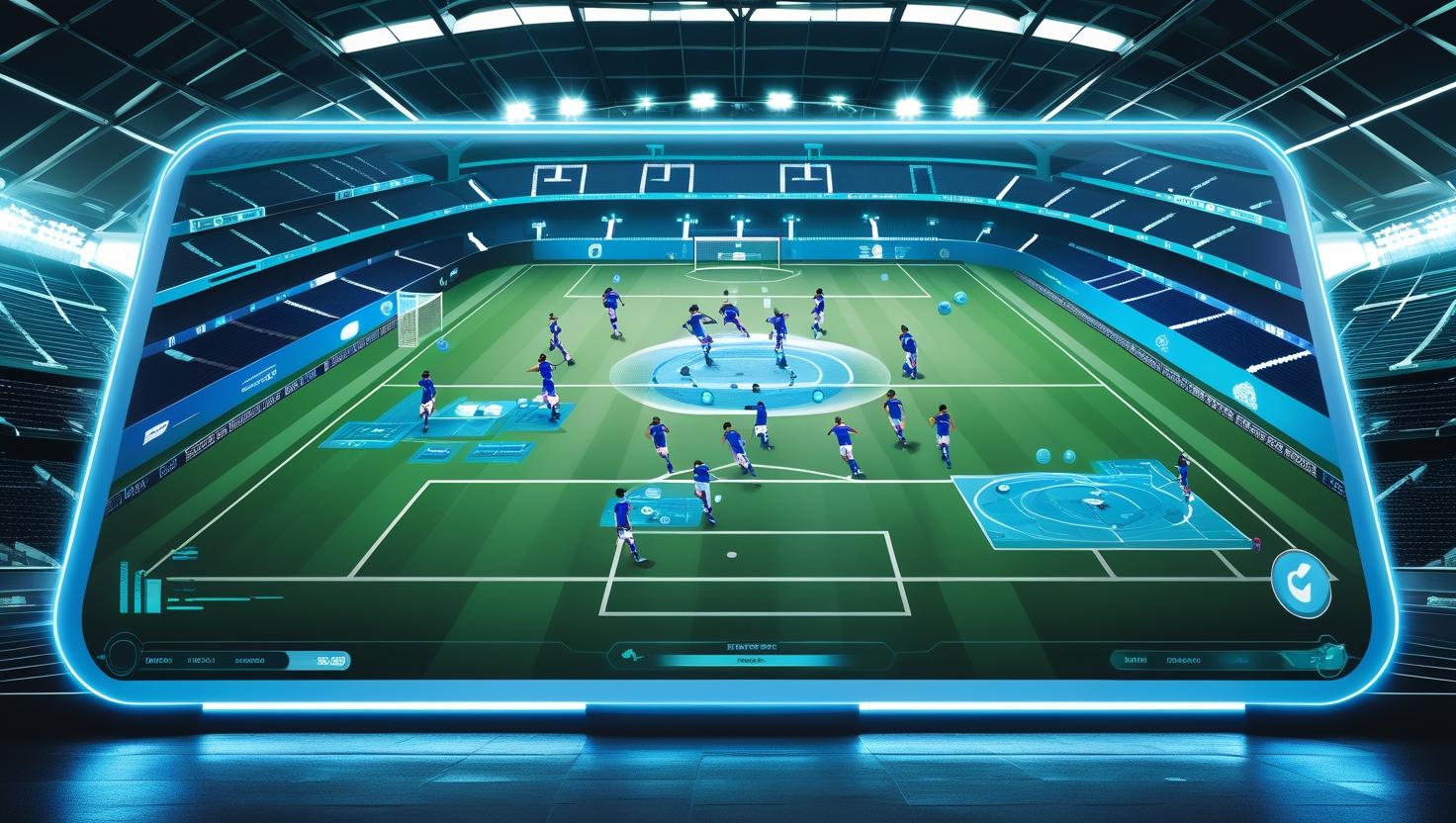Gen Z professionals are fundamentally reshaping work-life balance norms in 2025, driving significant changes in remote work, lifestyle design, and productivity. Their influence is evident across several key trends:
Remote and Hybrid Work Adoption
- Preference for Flexibility: Gen Z overwhelmingly prefers flexible work arrangements, with 55% of Gen Z graduates favoring remote or hybrid models, and only a small fraction interested in full-time office work. The classic 9-to-5 schedule is seen as outdated, and Gen Z values the ability to control when and where they work.
- Hybrid Models as Standard: Hybrid work is now the norm, with 74% of U.S. companies using or planning to implement permanent hybrid models. Gen Z workers want the option to blend remote work with in-person collaboration, optimizing both productivity and social connection.
- Shifting Priorities: While flexibility remains a priority, recent data shows some Gen Z professionals are willing to forgo remote work to secure jobs as labor market pressures increase, indicating a pragmatic approach to work-life balance in challenging economic ti.
Lifestyle Design and Well-being
- Work-Life Integration: Gen Z places a premium on work-life balance, with 77% considering it crucial when choosing job opportunities. They seek jobs that allow them to pursue personal passions and maintain fulfilling lives outside of work.
- Mental Health Focus: Mental health is a top priority, with Gen Z advocating for better access to resources and openly discussing mental well-being. Many engage in mindfulness practices, digital detoxes, and seek supportive online communities.
- Micro-Shifts and Micro-Retirements: The rise of micro-shifts—short, flexible work periods—is a notable trend, especially in hospitality and food services, enabling Gen Z to juggle caregiving, education, or multiple jobs. Micro-retirements, or short breaks between jobs, are also gaining traction as a way to prioritize well-being and avoid burnout.
Productivity and Workplace Culture
- Technology-Driven Productivity: Gen Z’s digital-native status makes them adept at leveraging technology for productivity. They demand state-of-the-art tools and seamless digital experiences, and are quick to adopt AI and automation to streamline workflows.
- Purpose-Driven Work: Meaningful work and strong organizational values are essential. Gen Z wants to contribute to companies with a clear sense of purpose and social responsibility.
- Continuous Learning and Career Growth: Professional development is a cornerstone of Gen Z’s career priorities. They expect personalized learning paths, mentorship, and clear career progression opportunities.
- Setting Boundaries: Gen Z is redefining dedication by emphasizing efficiency and smart work over long hours. They challenge the idea that extra hours equal better outcomes, promoting the importance of setting healthy boundaries.
Home and Workspace Design
- Adaptable Living Spaces: Gen Z and Millennials are redefining home design to support flexible lifestyles, integrating work-from-home setups, wellness corners, and tech-friendly environments.
- Calm and Functional Spaces: Younger generations prefer simple, relaxing, and adaptable spaces that balance comfort, functionality, and wellness, reflecting their tech-integrated lives and need for work-life harmony.
Summary Table: Key Gen Z Trends in Work-Life Balance (2025)
| Trend Area | Gen Z Impact/Preference |
|---|---|
| Remote/Hybrid Work | 55% prefer remote/hybrid; hybrid models are standard; pragmatic about flexibility |
| Work-Life Balance | 77% prioritize balance; mental health is a top concern; micro-shifts and breaks |
| Productivity | Tech-savvy; AI/automation adoption; efficient, smart work over long hours |
| Purpose & Growth | Seek meaningful work; expect mentorship and career development |
| Home/Lifestyle Design | Adaptable, calm, tech-integrated spaces; wellness focus |
Conclusion
Gen Z professionals are rewriting the rules of work-life balance, making flexibility, well-being, and purpose central to their careers. Their influence is driving lasting changes in remote work policies, workplace culture, and lifestyle design, setting new standards for productivity and satisfaction in 2025 and beyond





